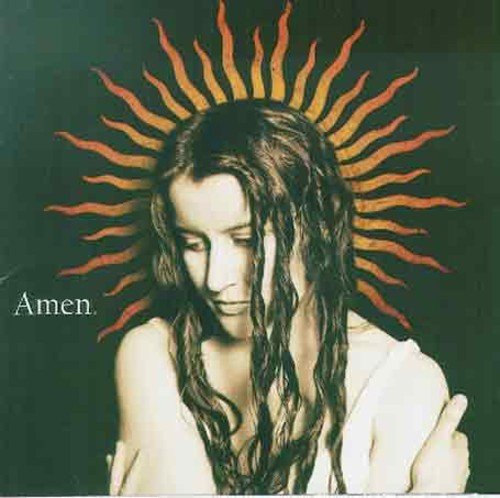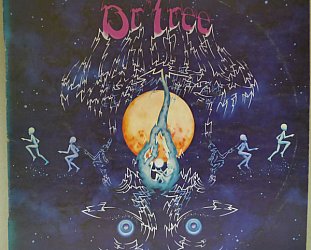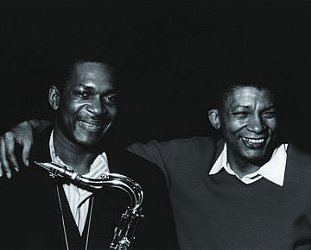Graham Reid | | 3 min read

You'd have to concede one thing about Paula Cole. She's candid.
In a 20-minute phone interview, the former Peter Gabriel backup singer - best known for her solo hits Where Have All The Cowboys Gone? and I Don't Want to Wait, the theme for telly's Dawson's Creek - admits her new album hasn't done the business she hoped for.
And she's felt increasingly uncomfortable with her high profile since those seven Grammy nominations for the This Fire album three years ago. And she's found a faith, a sticking point for critics who formerly embraced her.
It's a lot to give away. But Cole comes off as comfortable with herself, good-humoured, and can't understand why she copped so much flak for appearing at the Grammys with unshaven armpits. "It was mostly women who were uptight about it."
But frankly, she doesn't like much of what she's seeing and hearing in these millennial days. Hence her upbeat and optimistic new album Amen, on the cover of which she poses with what looks suspiciously like a halo.
"I consider music to be a harbinger to politics, a reflection of what society's going through," Cole says. "Even just three years ago music was better, more substantial and conscious.
"Music now is in some fantasy world with boy bands and singing blond boob jobs who are 16. It's really manufactured, teenage gimmicky music.
"My continual fight is feeling really depressed by the state of the world and fighting it to stay positive and contributing something positive." That positivity takes voice with Amen, a collection which finds her moving away from personal statements into a search for universal truths, but which also addresses "the critics and the cynics who don't understand the lyrics" on Rhythm of Life.
That positivity takes voice with Amen, a collection which finds her moving away from personal statements into a search for universal truths, but which also addresses "the critics and the cynics who don't understand the lyrics" on Rhythm of Life.
The album references Malcolm X and Gandhi, and finds her embracing black soul and hip-hop with Gang Starr's DJ Premier and T-boz of TLC.
"Rhythm of Life is like my reincarnation song meets my hip-hop influences. It's an awareness of what was to come with this album because I knew I would be criticised for being white and talking about race, and being white and influenced by black music, especially hip-hop.
"In the past we loved Elvis, Janis Joplin, the Beatles. These are all artists who are influenced by black music, but that was accepted. I knew I wouldn't be."
Cole says her critics have a beef with her either because of the Armpit Grammys or because her song was on Dawson's Creek.
"I'm saying they just don't understand, and it's true, they don't," she laughs.
Her new-found, non-prescriptive faith has seen her through.
"I'm not a religious person but I truly believe in God now and have profoundly changed my life. It was an intellectual search and reading philosophers like Jung, Hesse and Joseph Campbell was helpful.
"I started having feelings I couldn't describe. Yoga helps because it calms you and its like a prayer-like state, like you are a violin tuning yourself so a beautiful melody can be played on you, and that melody is God's hand in a way."
Her new album appears under the banner of the Paula Cole Band, an acknowledgment of her longtime fellow travellers Jay Bellerose (drums) and Kevin Barry (guitar).
"I was feeling increasingly uncomfortable having the spotlight on me when those two, essentially my brothers, have been with me since I was 19, about 12 years now. I needed to acknowledge them. We've always been a band."





post a comment